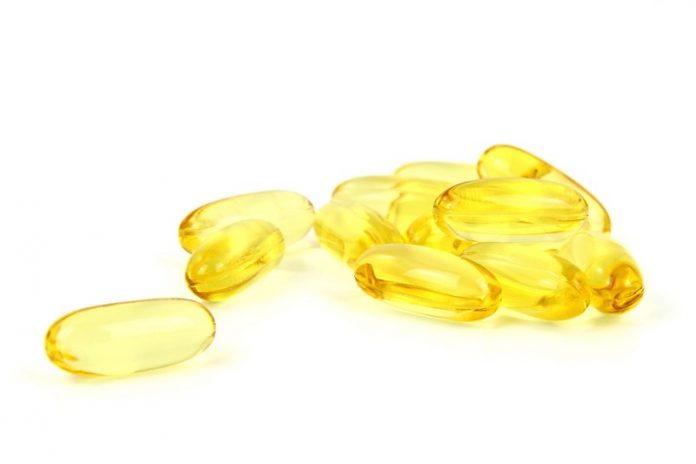
In a study from the Center of Excellence for Suicide Prevention and elsewhere, scientists found that treating low vitamin D levels with supplements may decrease the risk of attempting suicide.
Vitamin D is both a nutrient we eat and a hormone our bodies make.
It is a fat-soluble vitamin that has long been known to help the body absorb and retain calcium and phosphorus; both are critical for building bone.
Also, laboratory studies show that vitamin D can reduce cancer cell growth, help control infections and reduce inflammation.
Many of the body’s organs and tissues have receptors for vitamin D, which suggest important roles beyond bone health, and scientists are actively investigating other possible functions.
In the current study, researchers aimed to determine the associations between Vitamin D supplementation, vitamin D levels in the body, suicide attempts, and intentional self-harm.
They used data from a population of veterans in the Department of Veterans Affairs (VA).
Veterans with any Vitamin D3 (cholecalciferol) or Vitamin D2 (ergocalciferol) fill between 2010 and 2018 were matched to veterans with no vitamin D treatment.
All three groups had similar demographics and medical histories.
The team found vitamin D3 and D2 supplementation were linked to a 45% and 48% lower risk of suicide attempts and self-harm.
Moreover, supplemented black veterans and veterans with 0–19 ng/ml vitamin D serum levels were at 64% lower risk relative to controls.
Supplementation with higher vitamin D dosages was linked to greater risk reductions than lower dosages.
Based on the findings, researchers suggest that vitamin D supplementation was linked to a reduced risk of suicide attempts and self-harm in Veterans, especially in veterans with low blood serum levels and Black veterans.
The study was conducted by Jill Lavigne et al and published in the journal PLOS ONE.
Copyright © 2023 Scientific Diet. All rights reserved.





